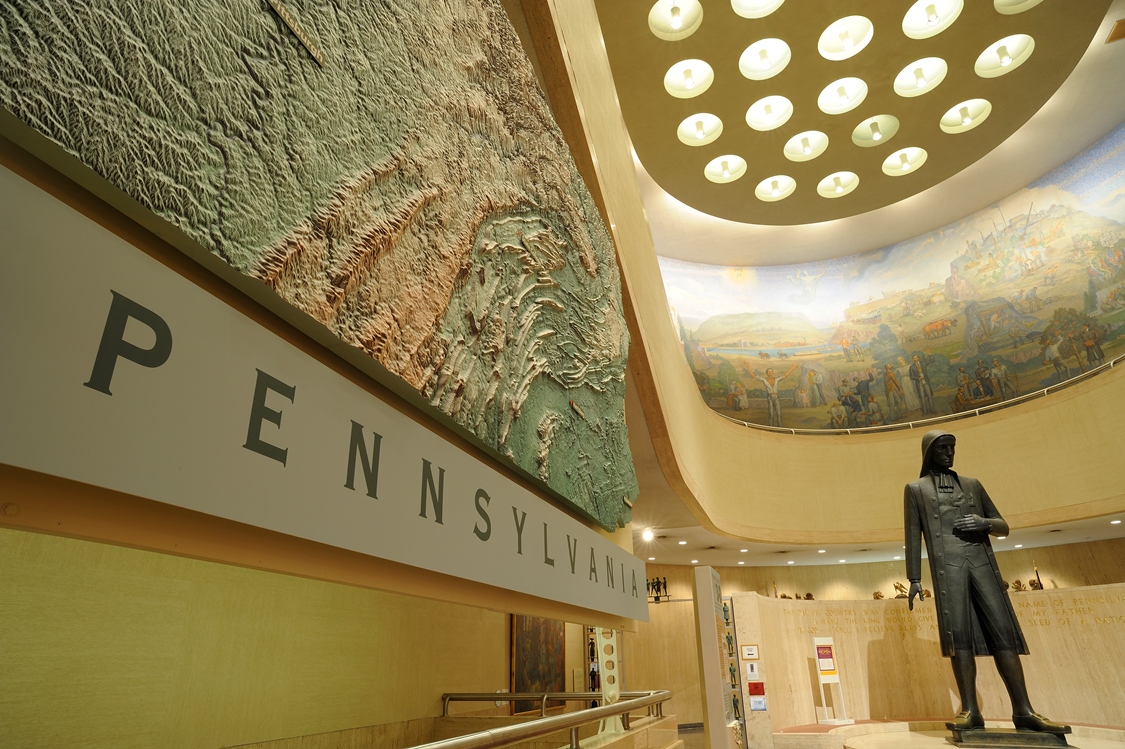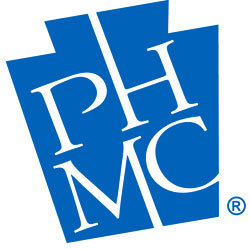If you haven’t participated in a Pennsylvania National Register nomination you may not have experienced a Historic Preservation Board meeting. But that shouldn’t stop you! The meetings are open to the public and we welcome all preservation aficionados to attend a future meeting. The 2014 schedule is posted on our website. The nominations to be reviewed at an upcoming meeting will also be posted to the website about one month prior to the scheduled meeting.
The purpose of the Historic Preservation Board is to provide expert judgments about the historical, architectural, and archeological significance of resources in Pennsylvania as authorized by Section 101 of the National Historic Preservation Act of 1966, as amended, and Sections 504 and 505 of the Pennsylvania History Code. Continue reading




Recent Comments